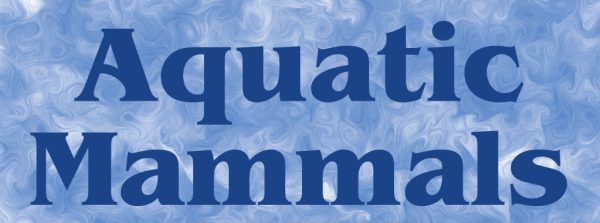Abstract: The estuarine dolphin, Sotalia fluviatilis, is one of the least known delphinids distributed on the Brazilian coast, and it is considered to be “insufficiently known” by the World Conservation Union (IUCN, 2000) and the Action Plan for Aquatic Mammals of Brazil (IBAMA, 2001). On 1 March 2003, two estuarine dolphins were found confined in a natural pool of the Cachoeira River, Ilhéus, southern Bahia, Brazil. They remained trapped in the pool for nine days, so a rescue was launched on 10 March 2003 to return them to deep water in the Pontal Bay, Ilhéus. Their capture was performed with a 0.9-mm nylon net, which was 120 m in length, 6 m in depth, and 80 mm in stretched mesh, through an encirclement technique. As soon as the dolphins were removed from the net, a physical assessment was performed. Both individuals were subadult males, with good body conditions, and normal cardiac and respiratory rates. During the handling process, the animals were treated preventively with 4 mg of Dexamethasone by intramuscular injection. The dolphins were released successfully next to Pontal Bay and were monitored for one hour. They found food resources soon after release, and a restranding did not occur. Although there is no evidence that they ultimately survived, since the possibility of death at sea without carcass recovery cannot be ruled out, their chances of survival increased, at least in the short term.
Key Words: ESTUARINE DOLPHIN; SOTALIA FLUVIATILIS; RESCUE; RELEASE; DEXAMETHASONE; BAHIA; BRAZIL
Document Type: Research article
DOI: 10.1578/AM.31.4.2005.434
Page Numbers: 434 – 437

